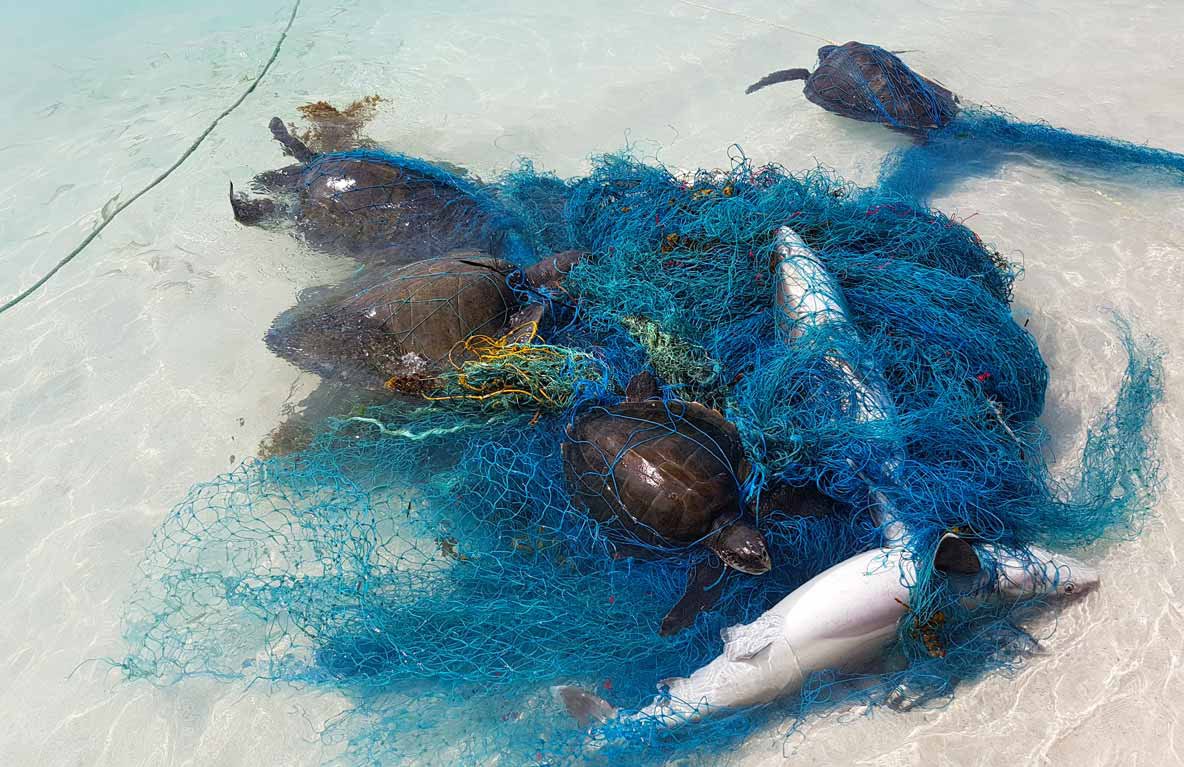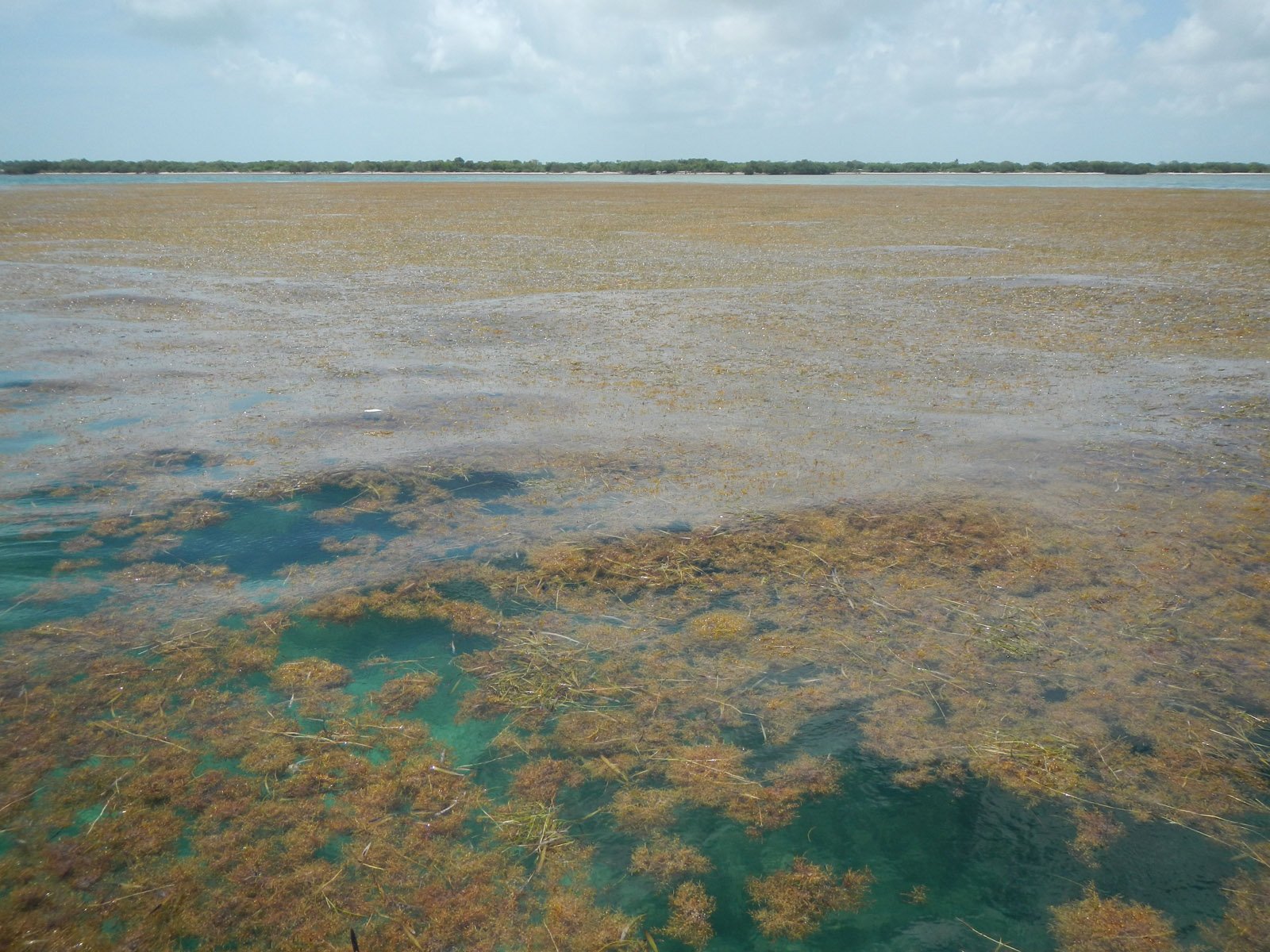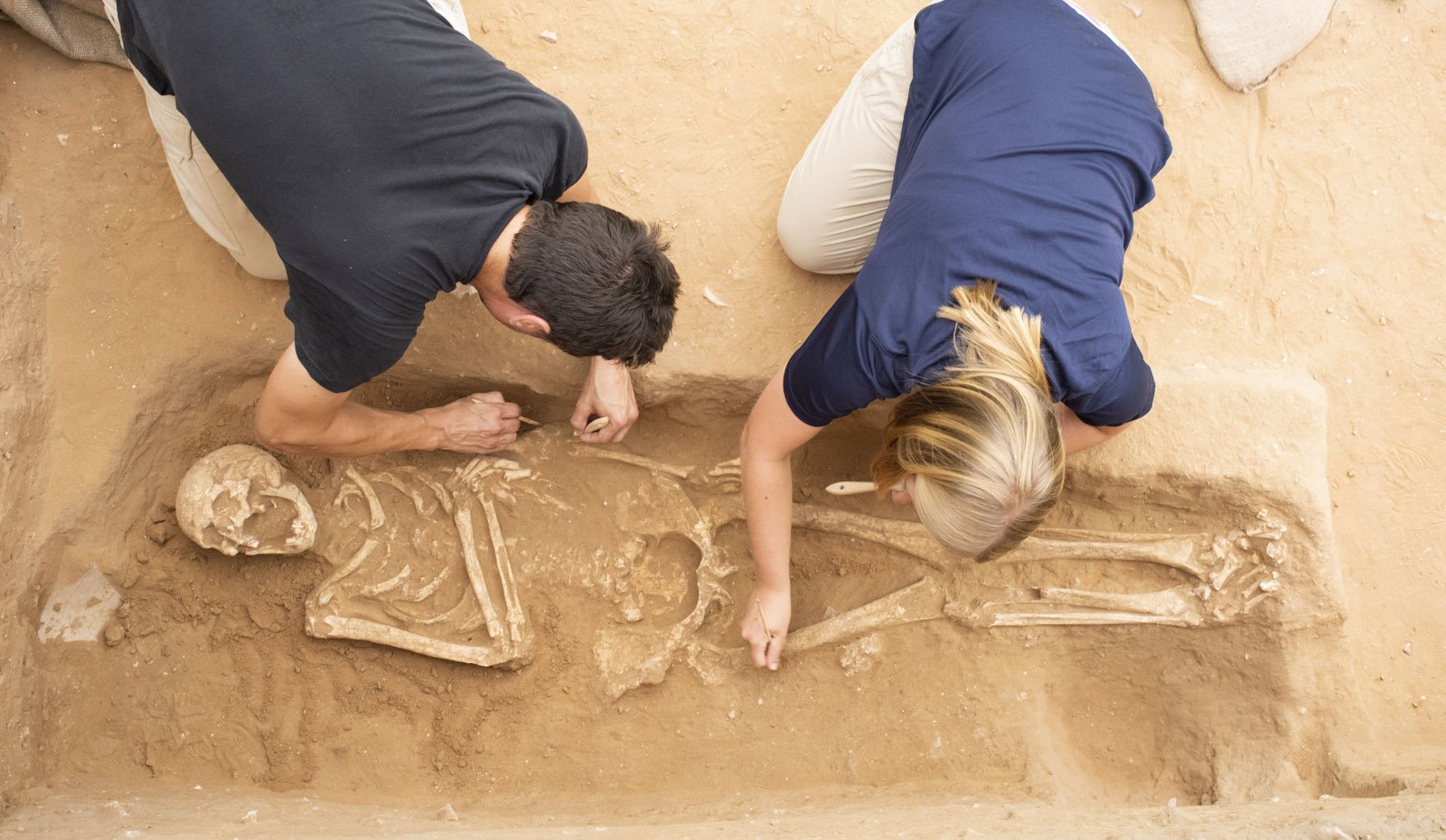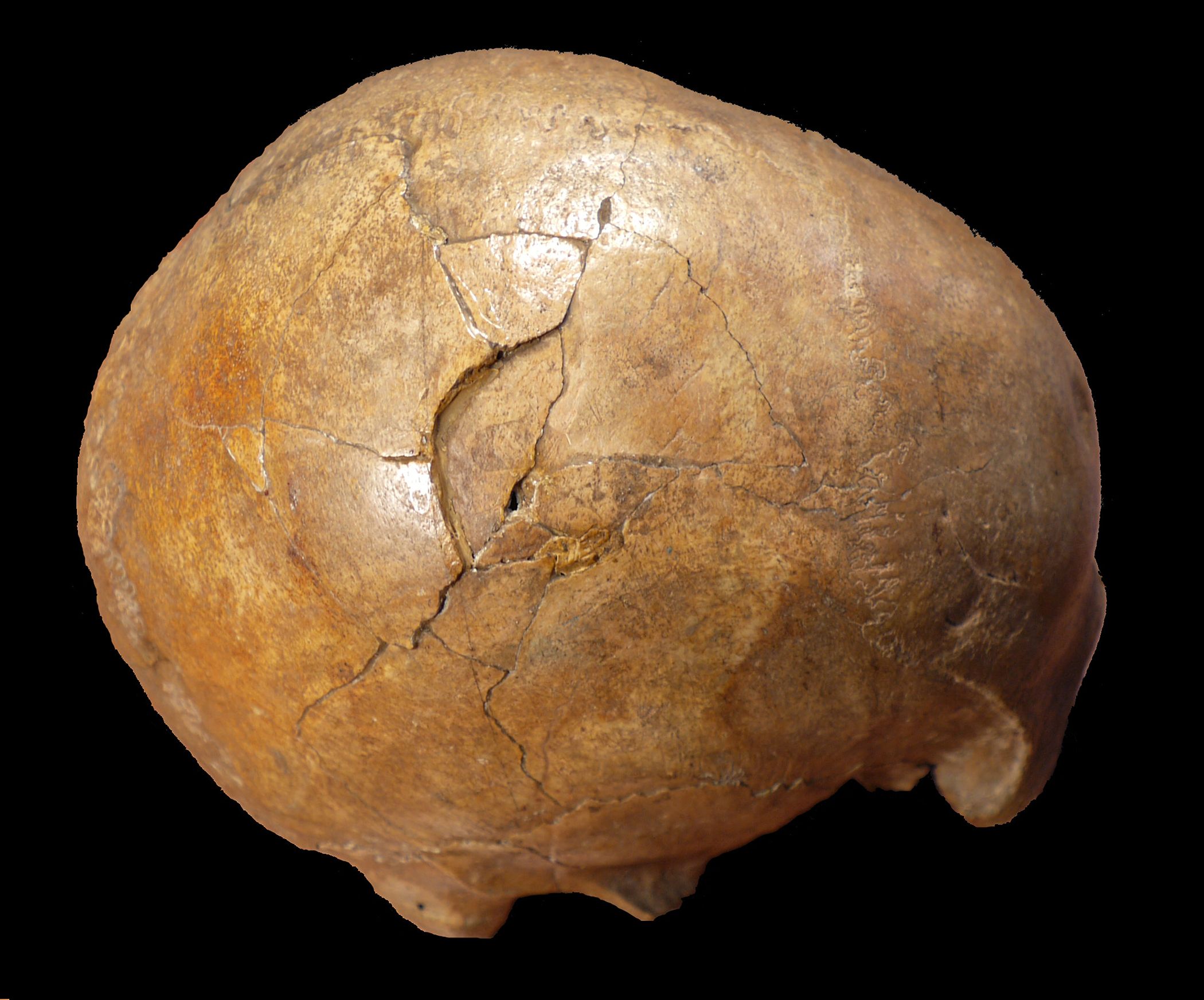Hundreds of sharks and rays tangled in plastic
University of Exeter scientists scoured existing published studies and Twitter for shark and ray entanglements, and found reports of more than 1,000 entangled individuals. And they say the true number is likely to be far higher, as few studies have focussed on plastic entanglement among shark and rays. The study says such entanglement – mostly … Read more









